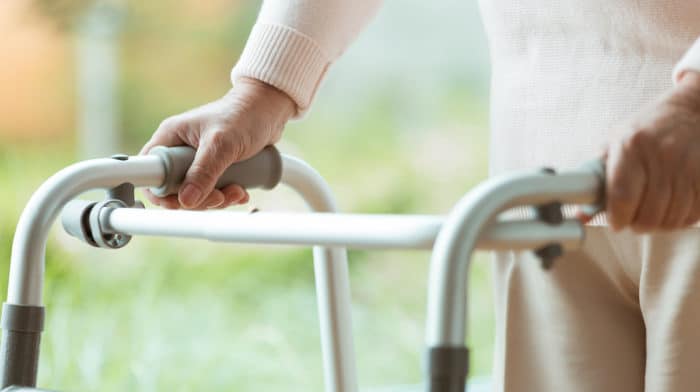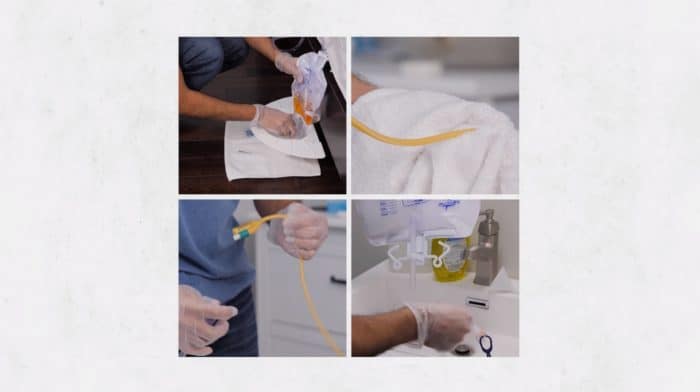| •
Wash your hands often — soap is a must! See our Careguide on handwashing. |
•
Shake hands. Simply explain you are a caregiver and no offense is intended. People will understand. |
| •
If soap and water are not available, use hand sanitizer with at least 60% alcohol. |
•
Go to work if you don’t feel well. (So you don’t spread your virus to others) |
| •
Cut your finger nails! We all know to wash our hands but germs can hide just under long nails. |
•
Touch your face. |
| •
Postpone birthdays and anniversaries. Cancel all group dining, celebrations and events. |
•
Share towels, face cloths, cups, dishes or cutlery. |
| •
If you feel ill, avoid crowds – see our careguide on self-isolation.
•
Isolate the person you are caring for to protect them from any viruses.
•
In times of pandemic, limit the care recipient to contact with 2 people: yourself and the backup caregiver |
•
Attend meetings, parties, shows or large social gatherings
•
Attend any weekly club meetings (consider attending remotely, using technology, if possible.) |
| •
Actively screen yourself for symptoms of: sore throat, fever, cough, difficulty breathing, confusion, blueness in lips. See a doctor right away if you think you are sick. Phone ahead to tell them you are coming. |
•
Wear artificial nails or nail enhancements. They are more difficult to clean and have been known to carry germs. |
| •
Cough into your elbow or a tissue. You want to avoid blowing moisture droplets into the air. |
•
Go to a public gym. (Consider exercising at home while sick.) |
| •
Use disinfectant wipes on all touch points (Bleach & water work too): TV remotes /steering wheels / door knobs / fridge door handles / light switches / counter tops / kitchen cabinet doors / cell phone / mouse and keyboard / canes / walkers / wheelchair arm rests. |
•
Travel, in general – no planes, trains or public transit. |
| •
Reschedule wellness appointments – look ahead at your care recipient’s schedule. Cancel non-essential appointments. |
•
Have close contact with people who are sick. |
| •
If available, get the appropriate vaccine. |
|
| •
Be aware of common touch points outside the home: shopping cart handle, door handles or glass, your steering wheel, money, gas pump. Use cashless payments if possible. |
|
| •
If the person you are caring for needs to be isolated and is dependent on you, wear PPE (Personal Protective Equipment). See our video on PPE. |
|
| •
Wash your hands immediately after reading magazines or papers in medical offices or waiting rooms. |
|






